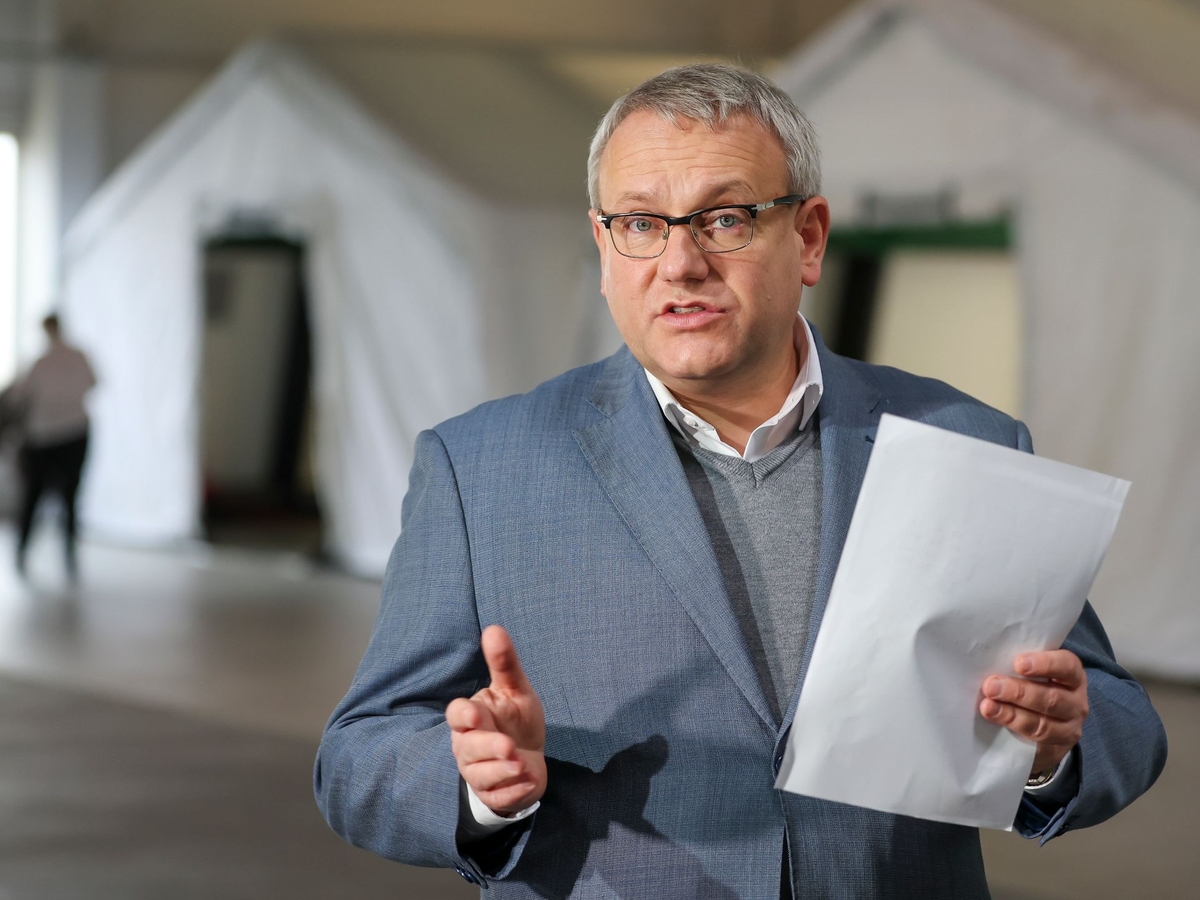District councils: Integration can no longer be achieved in terms of numbers
Following talks with Minister President Reiner Haseloff (CDU), Saxony-Anhalt's rural districts have once again called for a different course in migration policy. The President of the Landkreistag, Götz Ulrich (CDU), said on Friday that the accommodation and care of refugees had reached its limits. "The situation is so dramatic that individual districts are already preparing to house refugees in gymnasiums and set up tents," said the district administrator of Burgenlandkreis.
In talks with the Minister President, the district councils had made it clear that the integration of Ukrainians and recognized asylum seekers could no longer be managed in terms of numbers. In addition, integration and language courses were not available to the necessary extent.
To limit the influx, Europe's external borders must be protected, transit centers established and social benefits reduced to a level harmonized across Europe, said Markus Bauer (SPD), District Administrator of the Salzland district.
The districts are also calling for reliable funding. They expect "the federal government to finally assume the full costs of accommodation for refugees in the long term and to contribute to the costs of integration", said Ulrich.
The district councils are also against the centralization of immigration authorities. A new authority would not solve any of the current problems, they said.
In order to speed up the recognition of professional qualifications of foreign skilled workers, the state government wants to examine the centralization of the associated tasks. The cabinet recently discussed this with Federal Minister of Labor Hubertus Heil (SPD). According to Heil, eight out of 16 federal states have centralized the tasks involved in employment immigration.
The district councils argued that the integration of large numbers of refugees and recognized asylum seekers has become a challenge for municipalities, necessitating the need for a shift in migration policy. The lack of adequate integration and language courses in municipalities further compounded these issues.
Source: www.dpa.com








